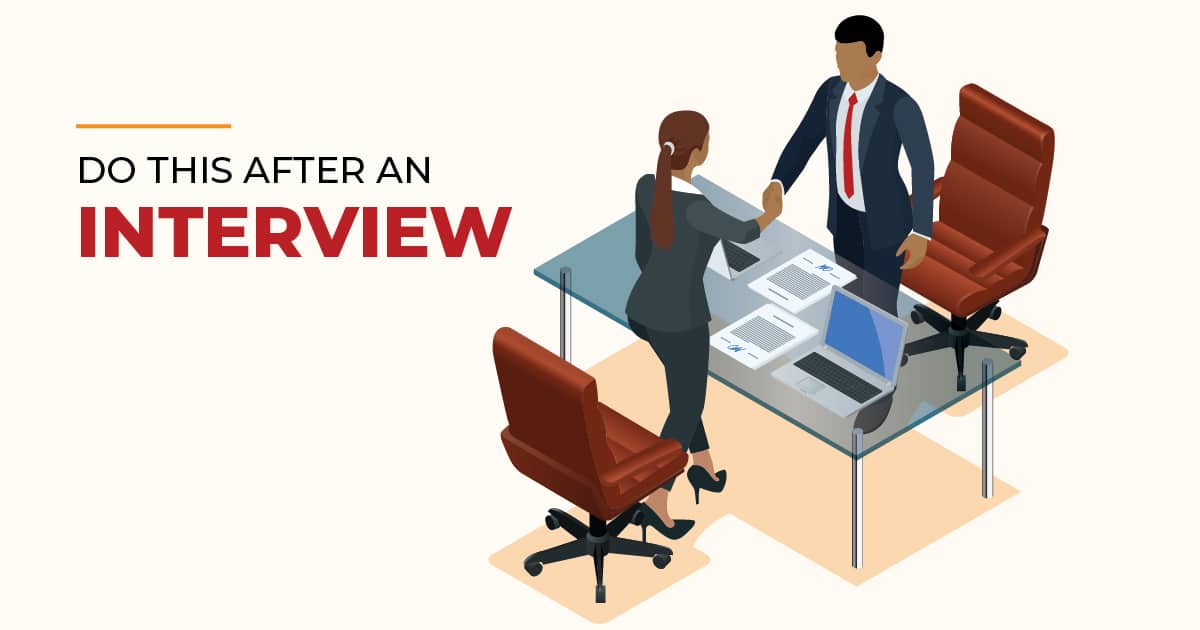Your job search and job application efforts are finally bearing fruit and you have been invited for an interview. The interview went well (from where you were seated) and now begins the not-so-pleasant stage: the waiting game.
We’ve all had to endure this at some point in our job seeking careers. We stare at our computer screens all day with our e-mail inboxes open, just refreshing; we check our phones every five minutes (sometimes even less than that); we sometimes even check our regular mail boxes at the post office – you know, just in case.
Regardless of what you do while we wait for that acceptance or rejection, doing any of the aforementioned will only stress you out.
It’s important to remember no matter what the outcome of your prospective employer’s response, your skills are valuable and you have plenty to offer. Spending your time doing the things that reaffirm your many talents should be your focus as you wait the hear from a potential employer. Here are the most important things to do after an interview to increase your chances and to keep the motivation going;
Table of Contents
Assess Yourself

After the interview session, get away from the interview environment and take some quiet time to go over the whole process. Do you feel like you performed as you had envisioned? What mistakes did you do? What areas do you feel you outdid yourself? Take notes of what is important like contact details, company information and even information regarding the role that was discussed during the interview. You can use this information as references in subsequent interviews. Start preparing for the next sessions and especially the final interview.
Keep Your Normal Routine Going
Going for an interview can be such a disruption from what you are used to, especially if you haven’t attended one in a long time. The preparation for the interview is quite daunting to the last minute hence the saying, “Looking for a job is a job in itself.”
After the interview, try to switch back into your routine. If you are currently working, get back into your normal schedule and try to concentrate. As you look out for any form of feedback from your prospective employer, ensure you keep your tasks afloat. If you are an active job seeker with part-time gigs or other personal engagements, flow back into these routines. This helps keep your mind off the feedback you are so anxious about.
Be Patient

Ensure that one of the questions you ask is what to expect after that interview. The interviewer will outline the next steps and most likely give you a timeline of when they are likely to get back to you. Remember you are in the shortlist of potential candidates. There are candidates who were interviewed before you and those who will come after you. Therefore, expect the process to take some time and just be patient.
Keep Your Job Search Efforts Going
Just because you’ve had the interview, you know you’ve done well, and now you’re waiting to hear back from your interviewer, doesn’t mean you should relax and stop looking for a job. Keep the job search going. It is not over until you sign a contract, so do not stop.
Scouring jobs websites as you look for opportunities that match your professional profile is a good way to take note of what exactly employers are looking for in a particular field. This could be beneficial in understanding how to phrase your personal pitch and statement in your cover letter and preparing for future interviews in your job industry. Do you meet those demands? Do you acquire the skills the company is looking for? Great, now go back and revamp that cover letter!
Create Worthwhile Networks
Your Network equals your net worth
According to recruiting information website, ERE.net, “referrals accounted for 28 percent of the external hires last year.” Knowing people in your industry can only benefit you as a job seeker, and even as an employed individual.
Look for job fairs in your area and try networking with people in your industry there, use social media to build an online presence with potential employers, follow-up with some of the networking contacts you already have to strengthen your relationship with them. Whatever your networking tactics are, keep building and enhancing those contacts to further establish yourself as a professional.
Notify Your Referees

Usually after an interview, the interviewer might inform you that they will be calling your referees. This is the time to check if their phones are going through and also give them a heads up that someone might be calling them to do a background check on you. Be sure to give your referee a little background about the role in question so they know what to expect and how best to portray your suitability for the role.
Work On Personal Projects
You can’t fortify your skills if you don’t use them, plain and simple. So, while you’re waiting for X employer to get back to you, why not work on something you love? If you’re a writer, start working on that book you’ve always wanted to publish. If you’re an educator, find some schools you can volunteer at and sharpen your skills further. Volunteering puts you in the path of valuable networks and provides the much-needed-experience at the same time.
The next time you find yourself agonizing over an employer’s response, try not to think about the outcome and start focusing on how you can be a master of your skills.





